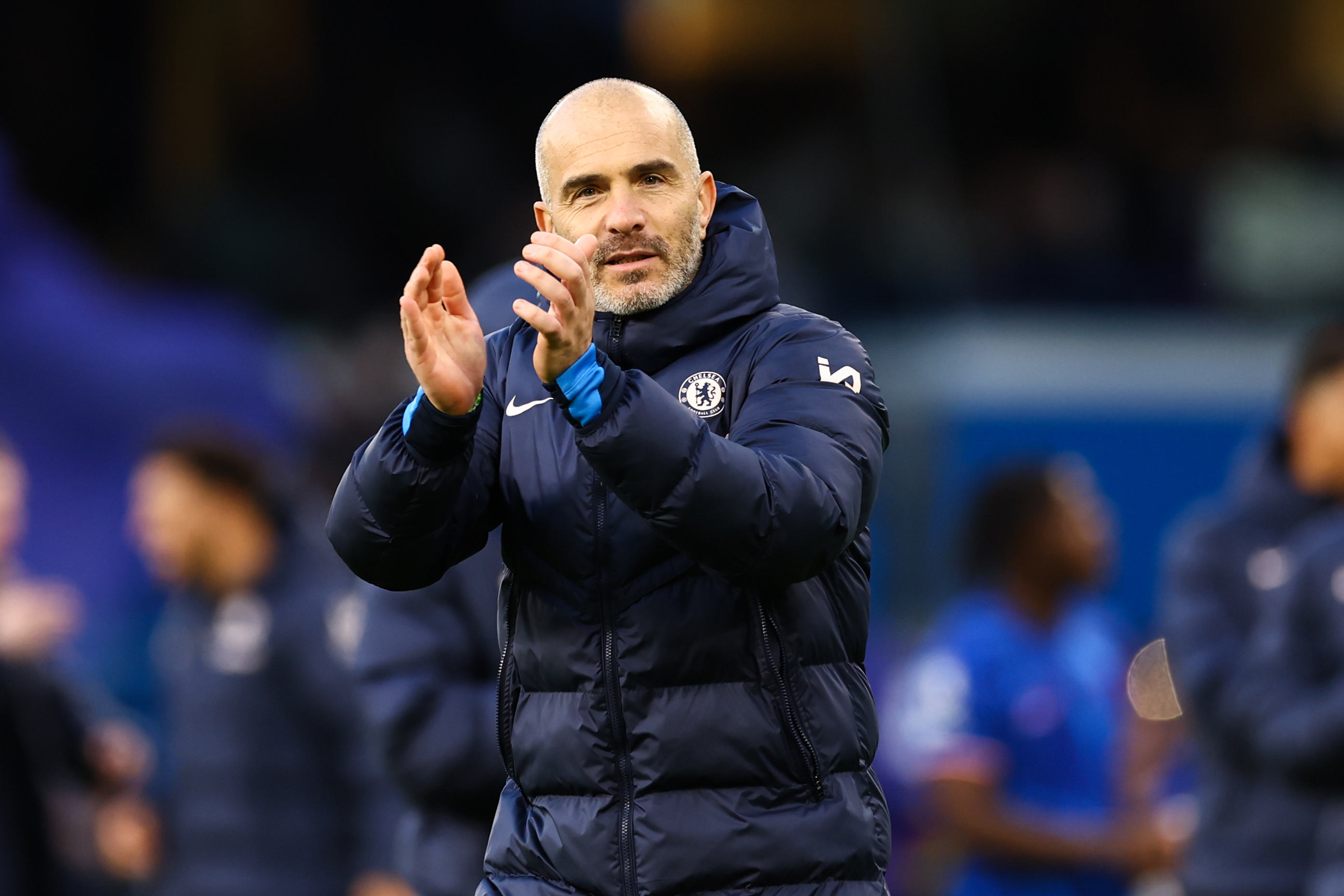8 reasons why Brendan Rodgers failed at Liverpool
With B-Rodge removed from his position at Anfield, Declan Warrington conducts the post-mortem on his Reds tenure...
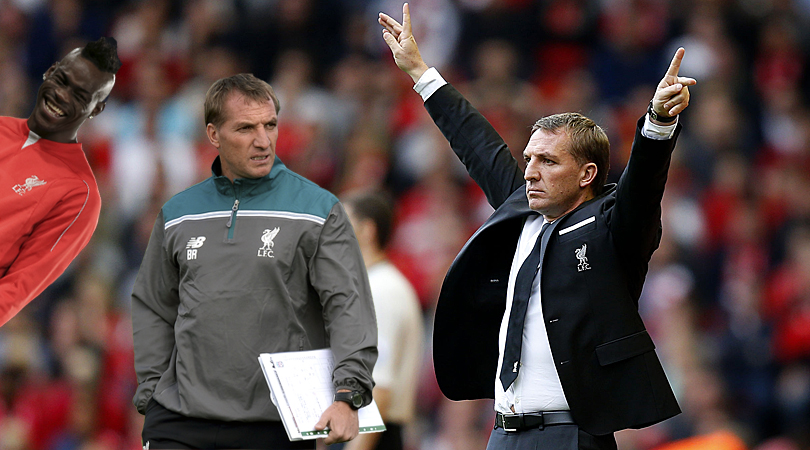
Brendan Rodgers’ sacking as Liverpool manager on Sunday may have come as little surprise, but the speed at which his once-promising reign unravelled is more startling. Less than 18 months ago, seemingly on the verge of winning the 2014 Premier League title, he was widely consider the club’s finest manager of the modern era; today few would argue he deserved more time.
While later fighting for his future Rodgers spoke of the difficulties he had encountered since the departures of Luis Suarez and Raheem Sterling and injuries to Daniel Sturridge, but he had begun to make fatal mistakes far before the Uruguayan joined Barcelona in July 2014. Here’s where it went wrong...
1) He failed to organise Liverpool’s defence
The combination of Suarez, Sturridge, Sterling and Philippe Coutinho gave Rodgers perhaps the most potent attack since the inception of the Premier League. Scoring goals was never a problem for his team: it was conceding so many that made them suffer. Contrary to popular belief, Steven Gerrard’s slip in the defeat to Chelsea wasn’t what cost them the title; it was points dropped because of their underwhelming defence. Martin Skrtel is limited, Kolo Toure is in decline and Mamadou Sakho yet to convince, but Daniel Agger remained effective and Rodgers overlooked him. That his team ended 2013/14 with 101 league goals masked their vulnerabilities, but conceding 50 goals in 38 games was too much.
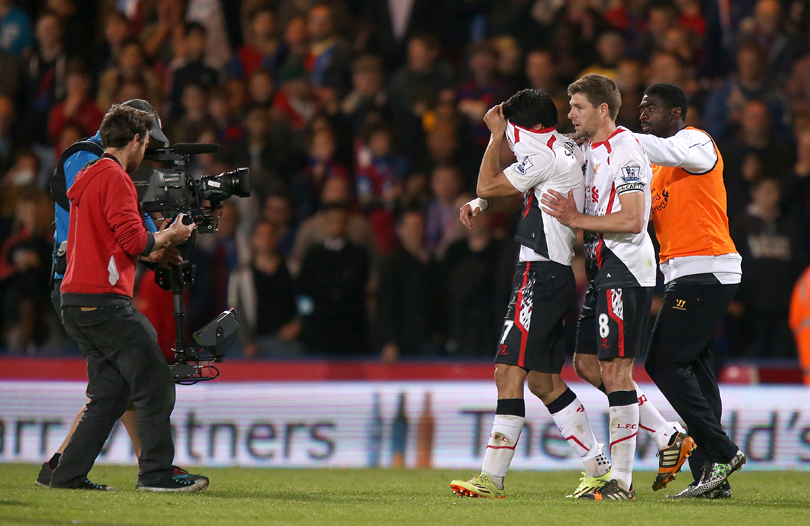
Even with limited personnel, if one of Rodgers’ strengths is coaching players then he should have improved them, and he didn’t then or at any point before his departure. Liverpool dropped points at Newcastle and West Brom, and at home to Aston Villa in 2013/14 after conceding poor goals; only three were required to win the league, and to build enough patience thereafter that the manager would still have a job.
2) Luis Suarez's exit
The sale of one of the world’s finest players – and such a consistent, driven winner – represented a significant setback, but with £75 million received in return, it needn’t have inspired such a dramatic decline. Liverpool responded to Suarez’s switch to Barcelona by trying to sign both Alexis Sanchez and Xherdan Shaqiri. Neither would have proved quite as outstanding as the exceptional Uruguayan – Sanchez would have come close – but neither could be tempted to Anfield and, as a consequence, Rodgers missed out on the quality they would have provided. Sterling similarly suffered: under intense pressure to replace Suarez, he may have had more confidence in Liverpool’s future had recruits of a higher calibre arrived.
The best features, fun and footballing quizzes, straight to your inbox every week.

3) The disastrous summer 2014 transfer window
In addition to losing Suarez, and missing out on Sanchez and Shaqiri, Liverpool made several more expensive mistakes during 2014’s summer transfer window. It’s ironic that not wishing to meet Wilfried Bony’s wage demands led them to Mario Balotelli because, even if not capable of earning parity with Suarez, he would have proved as reliable a replacement as could be hoped for if insisting – not at all unreasonably – that the club’s model is not to buy the world’s most expensive players.
Balotelli was the cheaper alternative but the £16m spent on him, even with reduced wages, may have to be written off. Already back at Milan on loan, his purchase was a huge gamble that failed to pay and left Liverpool short up front the moment Sturridge’s injury problems returned. The extra spent on Bony would have been justified. Although Adam Lallana is capable of improving, and Emre Can and Alberto Moreno are almost certain to, the millions spent on Dejan Lovren, Lazar Markovic and Divock Origi were also wasted.
4) Missing out on Victor Valdes
Valdes was a free agent, appeared perfectly suited to Rodgers’ system and remains a vastly superior goalkeeper to Simon Mignolet. How he was persuaded to become backup to David de Gea at Manchester United when he seemed such a logical recruit for Liverpool remains a mystery. His seemed an obvious signing, and would have added character to a fragile dressing room as well as addressing a weakness.
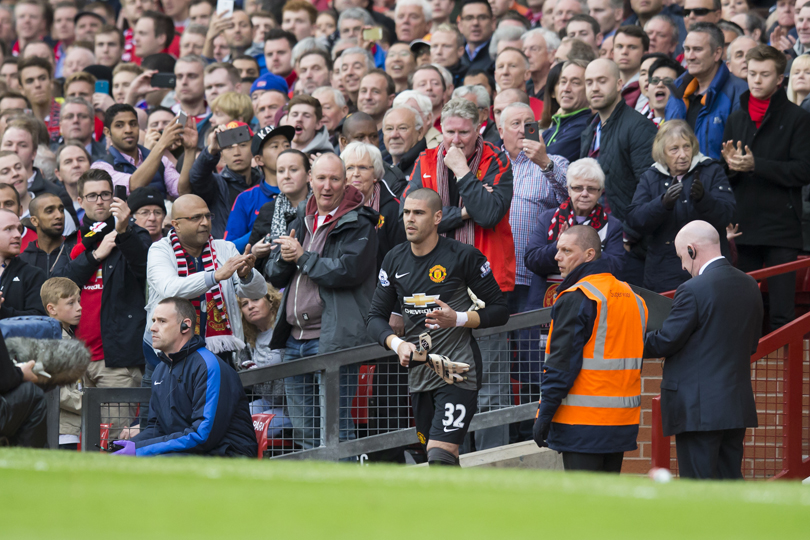
5) Daniel Sturridge’s absence
No one is suggesting Rodgers was to blame for Sturridge’s injury problems, even if his absence was worsened by Liverpool’s considerable transfer market failings. The England striker is one of the world’s finest finishers and, when fit, is almost as important as Suarez was. Rodgers had a system that could have survived even after the Uruguayan's exit but without both it crumbled; had the forward been fit, Liverpool would have finished in the top four last season and Rodgers’ exit would at least have been delayed.
6) The Raheem Sterling saga
Liverpool’s failure to renew Sterling’s contract from a position of strength proved their downfall. Optimism surrounded the club in 2014, and Sterling could have pictured a promising future there. Better recruitment would also have encouraged him to stay, but complete mismanagement made it easy for him to wish for a transfer. The distractions caused by the build-up to his eventual departure to Manchester City also damaged the mood around Anfield, and further undermined already-underwhelming form.
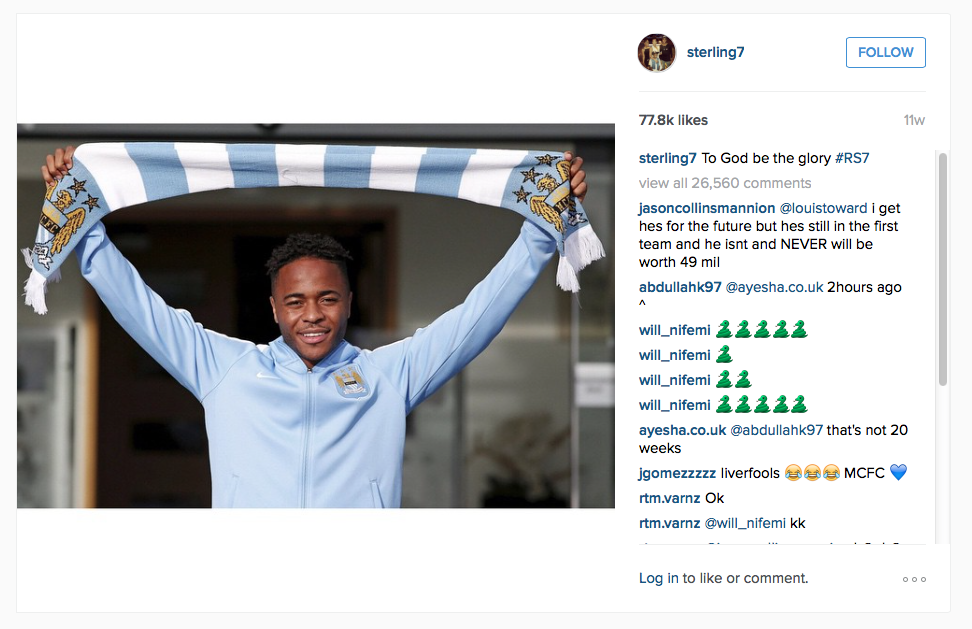
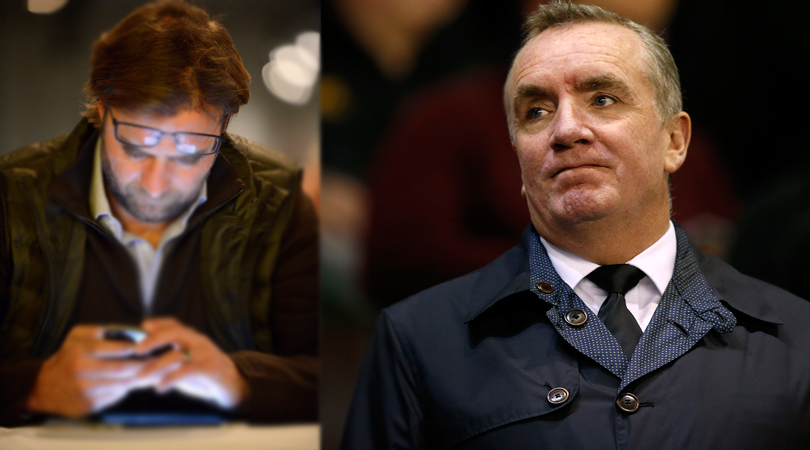
PSEUDONEWS Klopp hasn't texted Liverpool back yet
FEATURE The making of Jurgen Klopp
FEATURE 8 pieces of Jurgen Klopp managerial genius for Liverpool fans to drink in
FEATURE Training time, tactics tweaks and enduring love: How Klopp averted a crisis
7) Losing Steven Gerrard
Rodgers lost a considerable ally when Gerrard decided to leave for LA Galaxy. Even if far from the player he once was, Gerrard was a positive influence and his iconic status with Liverpool’s fans also would have inspired greater patience this season.
8) Another disastrous transfer window
It wasn’t the first time – Rodgers once wanted to sell Jordan Henderson and buy Clint Dempsey – but the manager truly exposed himself during his most recent transfer window. He was appointed – having done little to deserve such a position – on the grounds that he was an effective nurturer of talent and encouraged an attractive style of football. Buying expensive, ready-made players more suited to a direct game – James Milner and Christian Benteke included, particularly when Danny Ings had already been signed – effectively meant abandoning his job description. What choice were Liverpool’s owners, Fenway Sports Group, eventually left with?
